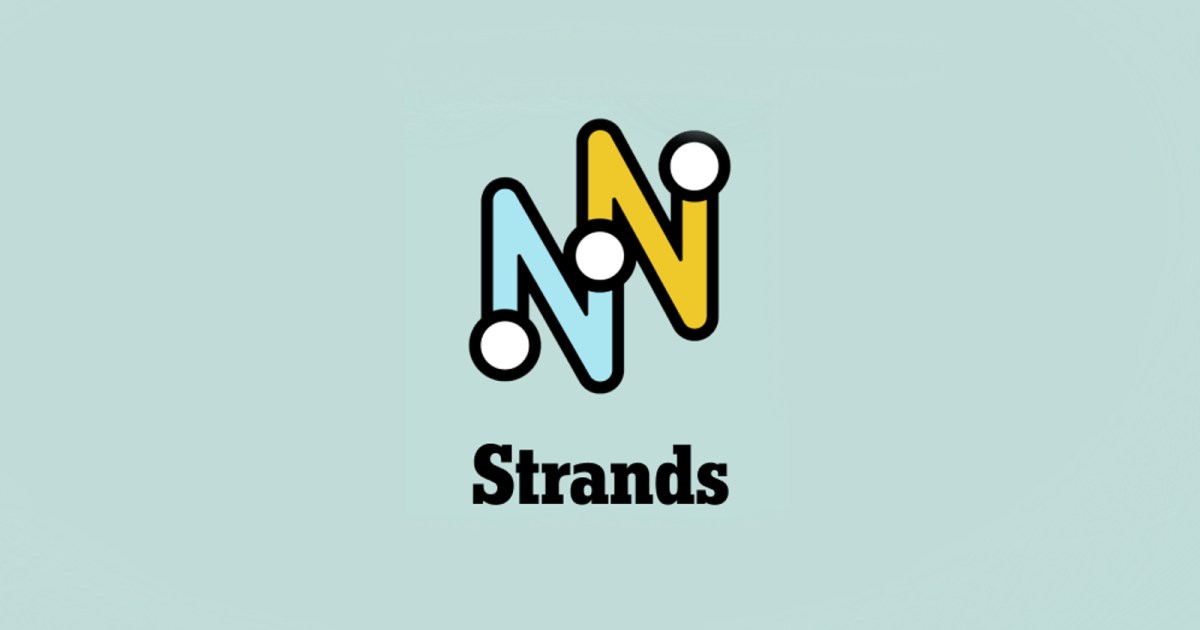- Penguin Random House has amended the copyright on its titles to prohibit the use of its works for training AI systems, aiming to protect authors’ rights.
- This decision follows a European directive allowing copyright holders to opt out of AI training, highlighting ongoing tensions in the publishing industry regarding AI content scraping.
What happened
Penguin Random House, a prominent player among the “Big Five” English-language publishers, has taken a decisive step to protect its intellectual property by prohibiting artificial intelligence (AI) companies from using its extensive portfolio of books for training purposes. This landmark decision involves a revision of the copyright language across all titles, now stating: “No part of this book may be used or reproduced in any manner to train artificial intelligence technologies or systems.”
Also read: Can we really safeguard against AI-generated misinformation?
Also read: Can Adobe’s new AI video tools outmatch OpenAI and Meta?
This move is in response to growing concerns about how AI companies scrape content from various sources, including books, to train their models. Notably, this development follows a directive from the European Parliament released earlier this year, which allows copyright holders to opt out of having their material used for AI training, provided they have made a formal request to do so.
With a staggering 80% of the U.S. book market under its control as of 2022, Penguin Random House’s decision is significant, reflecting a broader trend in the publishing industry to protect the rights of authors and maintain the integrity of literary works. This approach diverges from the practices of some other major academic publishers, such as Wiley and Oxford University Press, which have permitted certain AI usages under specified conditions. The recent actions of Penguin Random House send a clear message about the seriousness of copyright protection in an era increasingly dominated by AI technologies.
Why this is important
The implications of Penguin Random House’s policy shift extend beyond the publisher itself, resonating throughout the entire publishing ecosystem and the AI industry. By firmly opposing AI training on its titles, the publisher prioritises the rights of authors, ensuring that their creative works are not used without consent or compensation. This move could set a precedent for other publishing houses to follow, leading to a more unified stance on intellectual property rights in the face of technological advancement.
Moreover, this decision arrives at a critical juncture in the ongoing debate surrounding AI’s reliance on existing content for model training. The publishing industry has been divided on the issue, with some outlets, such as The New York Times, pursuing legal action against companies like OpenAI and Microsoft for alleged copyright infringements involving the scraping of articles to train AI models. Conversely, others have opted to engage with AI companies, entering into agreements that allow limited access to their content for training purposes. Penguin Random House’s firm stance may encourage more publishers to reevaluate their approaches to AI, fostering a landscape where authors and creators can retain greater control over how their works are used.
As AI technology continues to evolve and integrate into various industries, the tension between innovation and copyright protection is likely to grow. Penguin Random House’s proactive measures highlight the urgent need for clear and enforceable copyright guidelines in the age of AI, as well as the importance of ensuring that authors’ rights are upheld in an increasingly digital world.


















 English (US) ·
English (US) ·